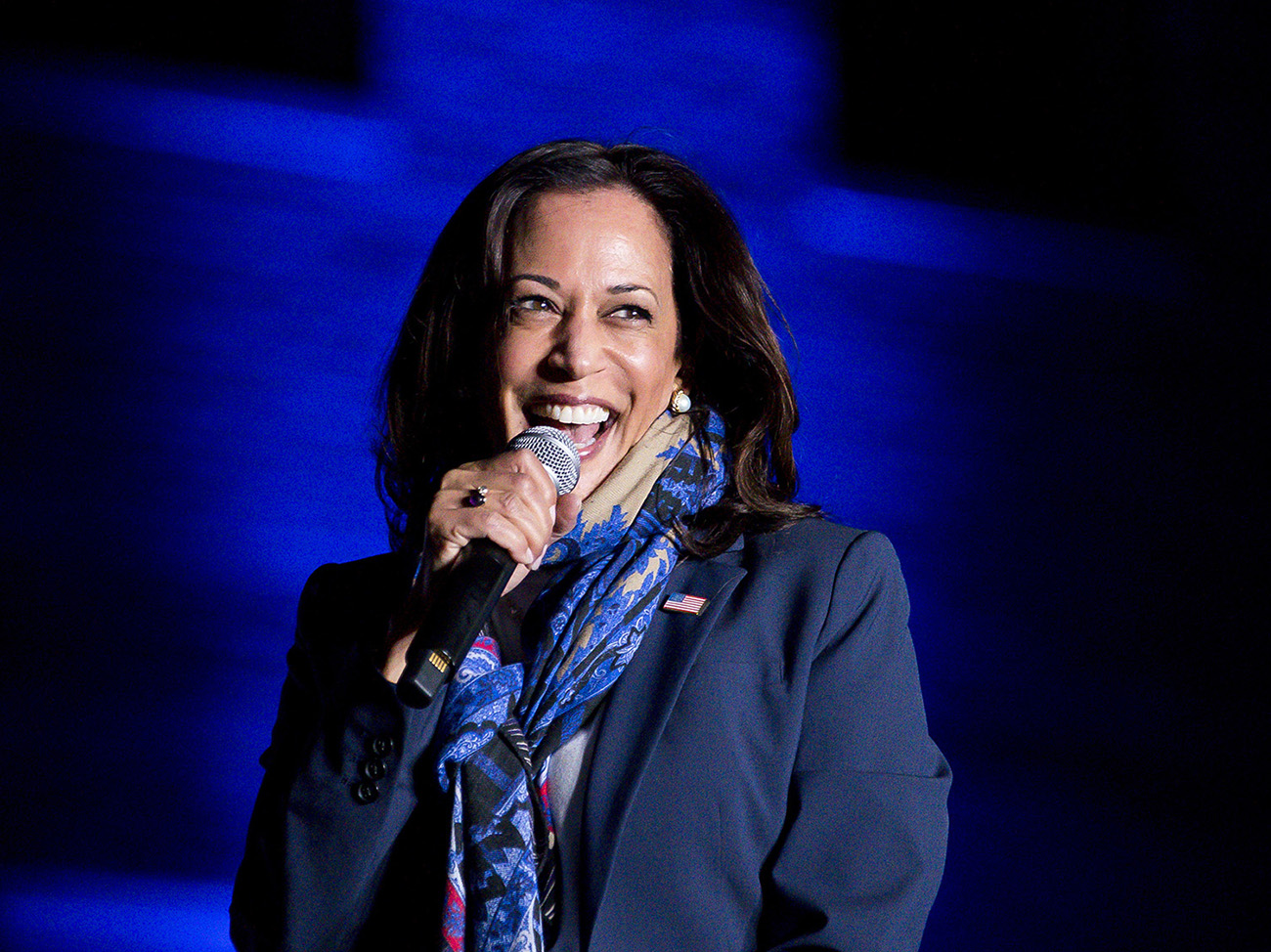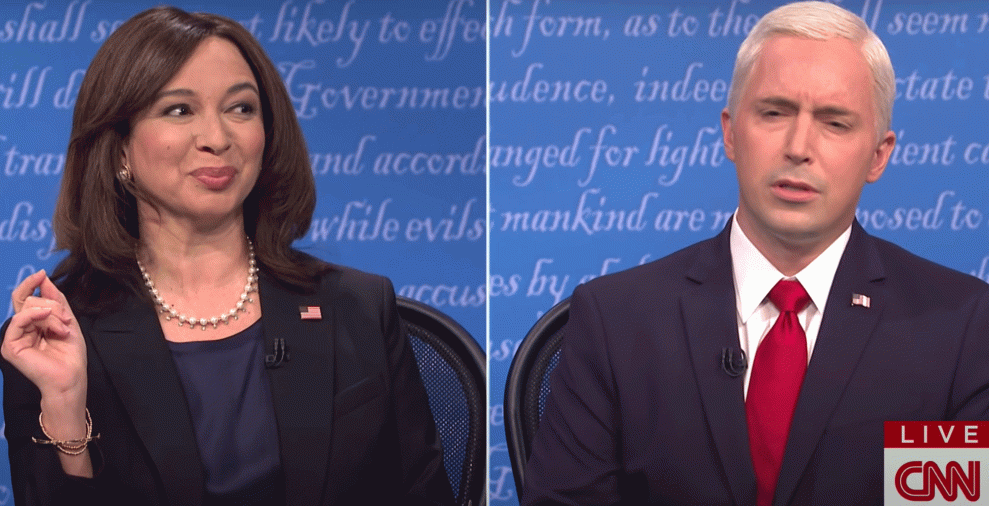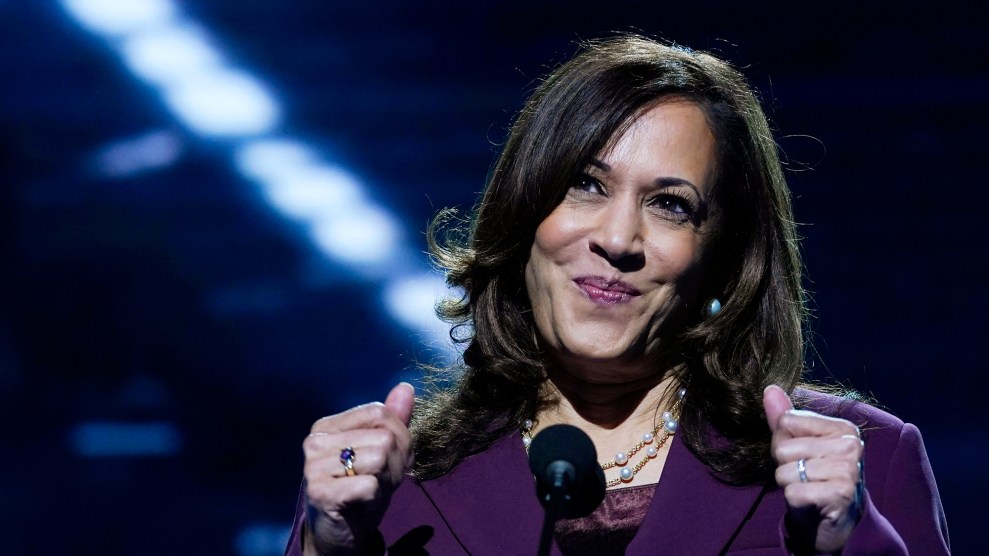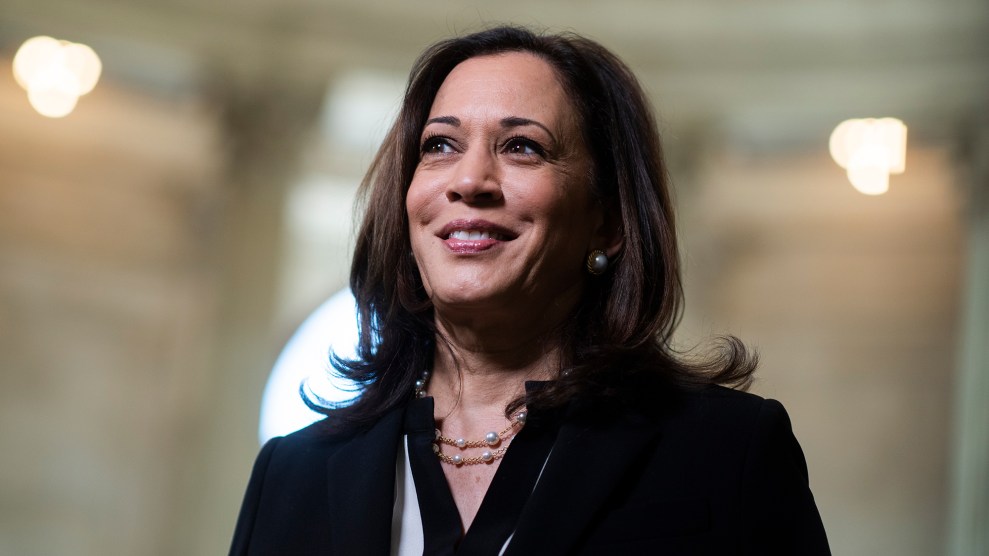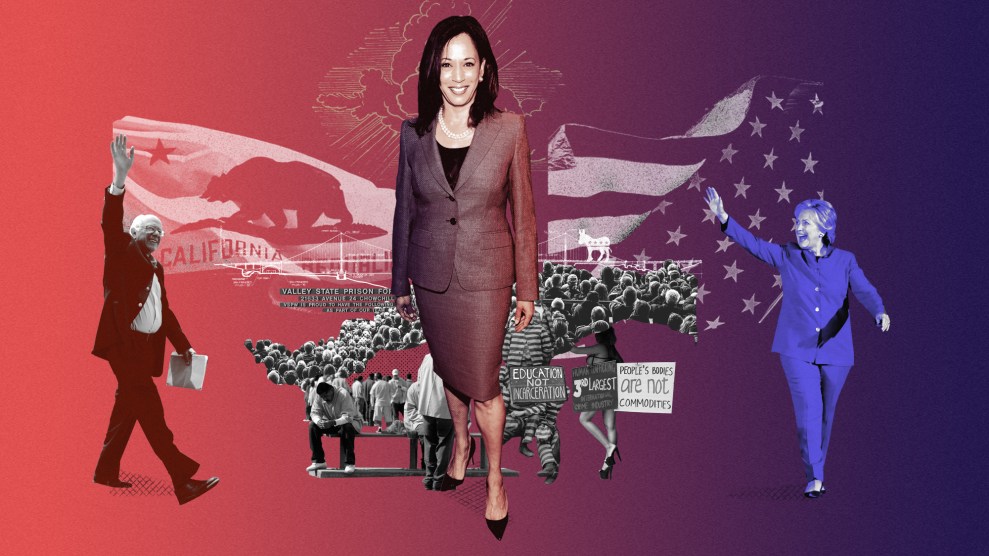The 2020 presidential election has finally ended—and it marks a historic, yet muddled, start for Vice President–elect Kamala Harris.
Harris will become the first woman, first African American, and first Asian American ever to hold the vice presidency. Harris’ ascension is a huge deal, as it underscores just how critical Black women have been to the Democratic Party. A staggering 87 percent of Black women identify as Democrats, according to one study, and Black women have been the party’s most reliable voting bloc for generations. But the party’s political platforms—much less its candidates for national office—haven’t often reflected this. Only 47 Black women have ever served in Congress, and Harris is just the second Black woman to serve in the Senate—behind Carol Moseley Braun, who was elected from Illinois in 1992. That’s slowly changing; Harris will take the vice presidency at the same time as a handful of Black women who were elected to Congress this week, including Nikema Williams from Georgia and Cori Bush from Missouri.
At 56 years old, Harris, who is currently a first-term US senator from California, is a relative newcomer to the national stage. She was elected to the Senate in 2016 after racking up a series of firsts throughout a two-decade career of public service in California: In 2003, she became San Francisco’s first woman and first Black and Asian American district attorney; in 2010, she carried those same firsts into California’s attorney general’s office. And in the Senate, she’s made a name for herself mostly by grilling Trump administration nominees, often to the point of (their) confusion. In 2019, she announced her own run for president, inspired by Rep. Shirley Chisholm’s historic run in 1972. Yet that campaign never quite found its footing in a Democratic primary that was marked by strong personalities with perhaps even stronger ideological political brands.
Since ending her campaign in 2020, Harris has worked hard behind the scenes to smooth out some of the wrinkles of her political past; namely, her record as a career prosecutor, which, depending on how you feel about policing in the United States, is a political asset or a political liability. During the primary, the hashtag #KamalaIsACop was frequently used by critics, along with archival footage of speeches she once gave highlighting the importance of policing communities of color. That past proved particularly incendiary during a turbulent summer of protests over police killings of unarmed Black people. Harris, though, took to the streets with protesters in support of reforming law enforcement, a sign that she’s found herself on somewhat more comfortable footing as a public servant, not directly as an agent of law enforcement. (She has also in recent months introduced policies meant to signal her willingness to advocate on behalf of Black women specifically; in addition to anti-lynching legislation, she has introduced bills in the Senate to fund the study of uterine fibroids, from which Black women suffer disproportionately, and to reduce racial disparities in maternal mortality.)
In August, Politico reported that Harris played a key role in organizing a meeting between the Movement for Black Lives and the Congressional Black Caucus to discuss the Breathe Act, a multifaceted bill that would redirect federal spending on law enforcement into programming that supports disenfranchised communities of color. Harris has stopped short of endorsing the Breathe Act altogether, but the fact that she’s already got a direct line of communication with activists is a far cry from the nothing that exists now between radical activists and the Trump administration.
Of course, Harris must walk an extremely fine line as vice president. She is not the commander in chief, though she will effectively be seen as the face and the future of the Democratic Party. President-elect Joe Biden is a Democratic Party stalwart who’s been in the public eye for many decades and is faced with the unenviable task of governing a deeply divided nation. Biden will be 78 when he is sworn in, the oldest any president has been on their first day of the job. Harris is one heartbeat away from the presidency, but can’t act like it—she’s second in command, and would risk seeming too aggressive or domineering or [insert your favorite sexist euphemism here].
When I interviewed Harris shortly after she became a senator, she was still finding her footing in her new role. She seemed content to take her time and use her skillset as a prosecutor to help ease the transition. Based on her interrogations of Jeff Sessions, John Kelly, and Brett Kavanaugh, it’s fair to say she did a great job. Now, the job before this barrier-breaking Black woman is even tougher: Harris has to help lead a polarized and pandemic-plagued country from behind.
